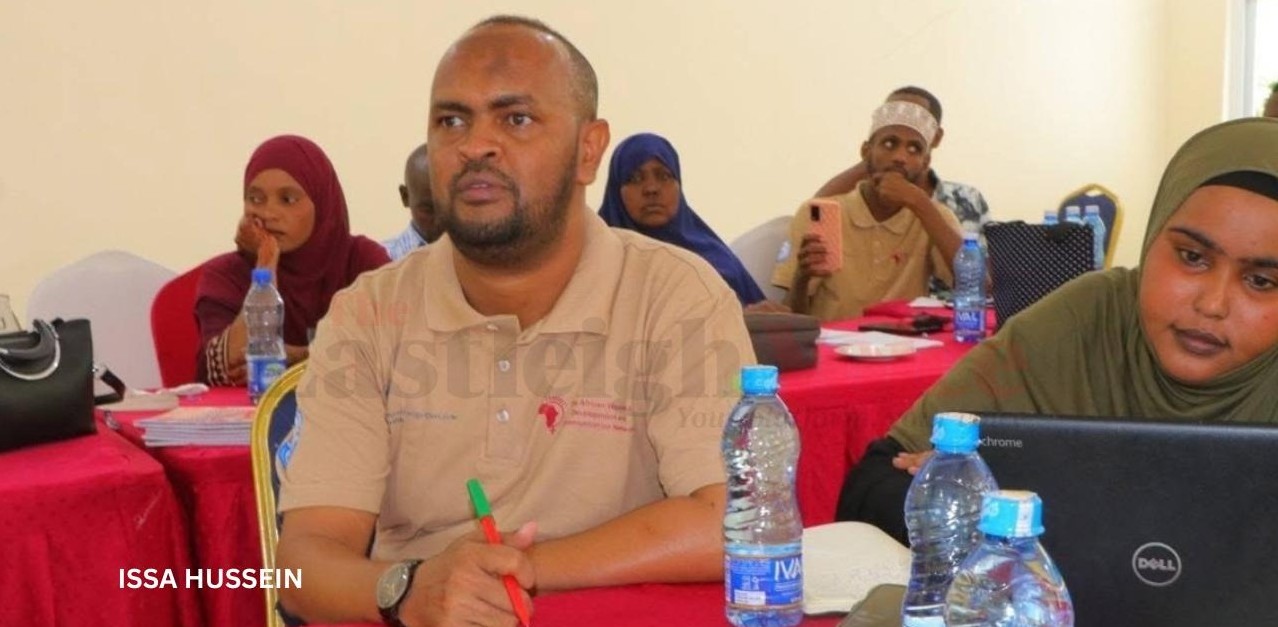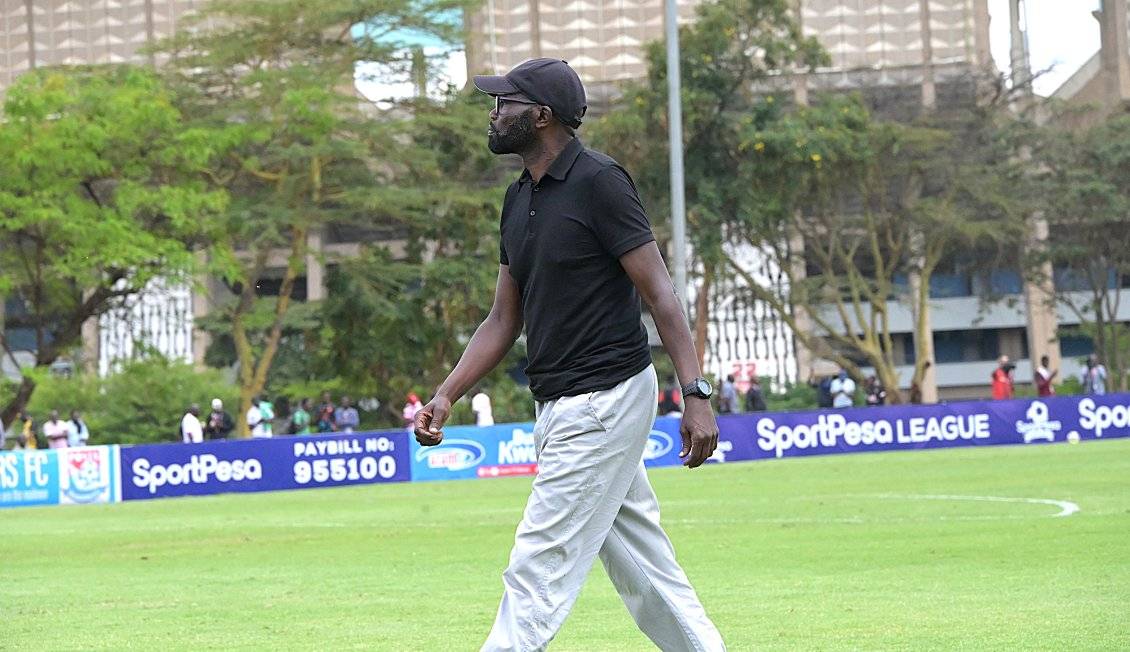From struggle to strength: Garissa communities forge their own climate solutions

At a three-day Climate Action Symposium convened by Womankind Kenya in Garissa town, community leaders, youth, women, persons with disabilities, and policymakers shared strategies to mitigate climate change impacts in one of Kenya’s most climate-vulnerable regions.
Communities in Garissa have come together to craft grassroots solutions aimed at strengthening climate resilience in the face of rising temperatures, recurring droughts, and destructive floods that have devastated livelihoods.
At a three-day Climate Action Symposium convened by Womankind Kenya in Garissa town, community leaders, youth, women, persons with disabilities, and policymakers shared strategies to mitigate climate change impacts in one of Kenya’s most climate-vulnerable regions.
More To Read
- Somalia declares drought emergency as millions face hunger after failed rains
- WFP warns of hunger crisis in Nigeria as 35 million face food shortages
- Somalia faces worsening hunger with millions needing assistance
- Garissa resident sues National Assembly over police service commission appointments
- Garissa human rights activists demand justice for student allegedly raped and killed by guardian
- Smartphones, women’s rights and coupons: new trends that can boost insurance for African farmers
“Climate change is no longer a distant threat. It is here with us and affecting every aspect of our lives — from food security to education and even peace within our communities,” said Yusuf Abdi, a climate champion from Garissa.
Garissa County, located in Kenya’s arid and semi-arid lands (ASALs), has endured the harsh reality of climate change for more than a decade. Prolonged droughts have wiped out livestock — the backbone of the local economy — while unpredictable floods have destroyed infrastructure and cut off access to essentials such as food and healthcare.
Vulnerable groups
Women, children, and people living with disabilities are hit hardest, according to Ubbah Abdullahi, an assistant chief in the county.
“During droughts and floods, these vulnerable groups suffer the most. We must ensure climate education reaches every corner of the community,” Ubbah said.
The symposium served as a platform for community-driven ideas. Participants urged the development of county-specific climate policies with adequate funding, the expansion of climate education through creative storytelling, art, music, and poetry, and inclusive policy-making that accelerates participation in initiatives such as the national 15 billion tree-planting programme.
Carol Rotich, Monitoring and Evaluation Officer at Womankind Kenya, highlighted the role of storytelling in shaping mindsets and influencing policy.
“We’re using local art, poetry, and music to create a new African climate justice story. One that doesn’t just raise awareness, but drives real behaviour change,” she said.
The message was clear: communities cannot afford to wait for external help. They must take the lead, driving change through local initiatives to both mitigate and adapt to the climate emergency.
Top Stories Today














































